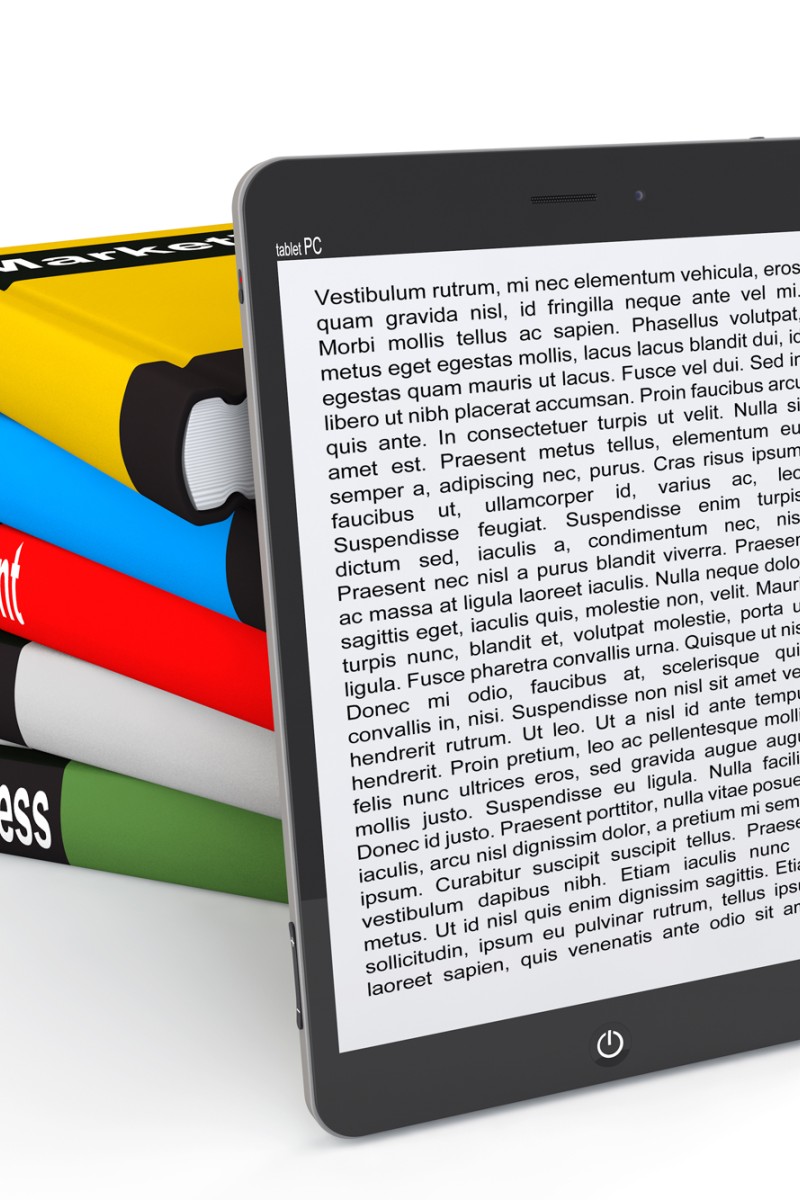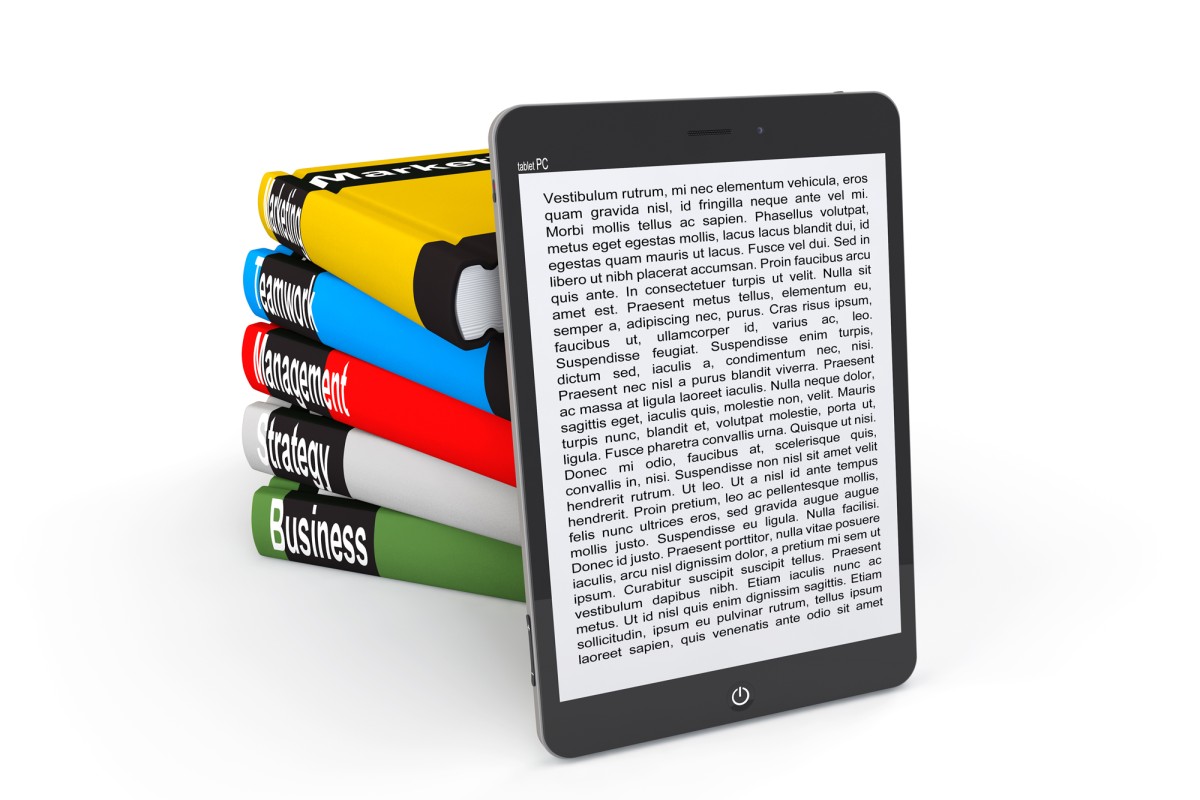
Face off: should print books should give way to e-books?
Each week, two of our readers will debate a hot topic in a parliamentary-style debate that doesn’t necessarily reflect their personal viewpoint. This week’s topic is ...


Joshua Lee, 18, Cardiff University
Many people read books online. However, a lot of people still choose to read books printed on paper, arguing that e-books don’t feel the same as ”real” books. But given the negative impact the printing industry has on the environment, and the fact that e-books grant a lot of people the ability to access more information, people should strongly consider switching to e-books.
The printing of books consumes a significant amount of energy and carbon, and is contributing to climate change. Producing books means cutting down millions of trees for paper. If not done sustainably, this results in mass deforestation and the loss of a vital carbon sink source – something that can take away some of the carbon dioxide we pump into the atmosphere. The industrial processes of printing requires a great deal of energy to produce the books that we enjoy reading too. This further contributes to climate change because of the greenhouse gases that is expelled during the process. Switching to e-books will significantly reduce our consumption of energy and natural resources. We would still be able to enjoy our favourite titles, it just wouldn’t be at the expense of the environment.
Additionally, e-books are much more convenient and help allow people to access information more easily. E-books can be stored and retrieved from massive digital libraries that hold way more books that a traditional bookstore or library can. Not only are there a greater variety of books available online, these books will are much more accessible, because people can instantly find and read their books on an e-reader. This makes accessing the world’s wealth of information much easier for everyone, and can give people more opportunities to learn.
I think people should strongly consider reading more books online. It’s much more convenient, but more importantly it will also help to conserve our world’s natural resources and help to reverse global climate change.
Joy Pamnani, 18, University of Hong Kong
The e-book vs print debate has been one that our generation has debated for years now. While some people believe print books ought to give way to e-books, I believe that print books are here to stay!
E-books have many disadvantages. Since you’ve got to buy your device before you can buy and access e-books, they aren’t cheap. You can’t easily scribble notes on an e-reader, and you can’t read anything when they run out of battery.
E-books are unhealthy too. The light that is emitted from these devices can lead to sleep deprivation – a study featured in The Guardian showed it took e-reading participants an average of ten minutes longer to fall asleep than those who read physical books.
Individual e-books may be cheaper than buying a physical book in a lot of cases, but they give actual writers less share of the profits and – as with all digital files – are subject to widespread piracy.
E-books aren’t as environmentally friendly as you think. A common argument used by e-book supporters is that e-books save paper. But isn’t it also the case that a huge amount of coal gets burned to generating a charge to keep these e-readers on? E-books may mean we cut down less trees, but there’s more carbon being released into our atmosphere with these devices.
I think it really boils down to one question: which one is better to read?
Scientific studies show people absorb information in physical books better than e-books. A 2012 study mentioned in The Guardian featured two groups of participants, that were both given a story to read. One group was given the story on paper, the other on screen. Findings showed those who read the story on paper were able to better connect with it on an emotional level.
Not to mention, the fact that most tablets and e-readers have other apps and games to distract a reader, making it harder to absorb information. Author of Words Onscreen: The Fate of Reading in a Digital World, Naomi S. Baron, once wrote in a blog, “When reading either for (school) work or pleasure, the preponderance of students found it easiest to concentrate when reading in print. They also reported multi-tasking almost three times as much when reading onscreen as when reading in hard copy.”
Print books are simply more pleasurable to read. When you go through the physical process of reading a printed book, it isn’t just about absorbing text. It’s about taking in the scent of the pages. It’s about absorbing the warmth of the book and feeling like you are connecting with the stories and authors. It’s about passing these books and the knowledge they contain on to future generations, not to the e-books industry.
